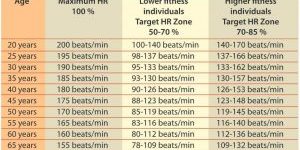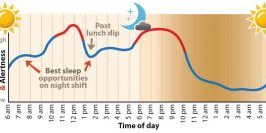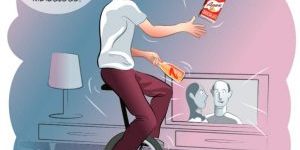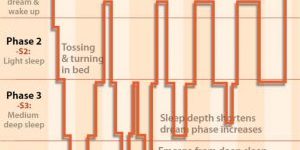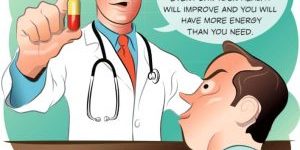Top 10 sleep tips
Iron levels and fatigue
Iron is a mineral. It is necessary to make haemoglobin (an oxygen carrying molecule) in the blood. If iron is not eaten in adequate amounts in the diet; anaemia, tiredness……
Are you exercising hard enough?
A word of caution.If you have been inactive for a while, you may want to start with less strenuous activities such as walking or swimming at a comfortable pace. Beginning……
Is shift work detrimental to health?
There is a body of evidence that supports the statement that shift work can detrimentally impact on health, as well as, other factors that impact on human wellbeing and safety……
When should I sleep?
Our levels of alertness and attention are influenced by our circadian rhythms, as shown in the figure below. Circadian rhythms allow us to feel more alert during the day and……
Exercise and physical activity. How to finding the balance
Active living is a way of life in which physical activity and exercise are valued and integrated into daily life in a fun and enjoyable way. In other words, seeing……
Mental illness. Causes and treatments
Causes of mood disorders The cause of stress, anxiety or depression is often difficult to determine and is usually a combination of social, situational and personal factors. Social factors may……
How sleep works
Good sleep helps us wake up feeling refreshed and alert for our daily activities. Sleep affects how we look, feel and perform on a daily basis. If sleep is cut……
Sleep medication
Sleeping medication may be helpful to overcome short term needs or significant life events, such as grief or high stress events. Sleeping medication can be used to improve sleep quantity……
Mood & physical activity
Think about the last time you took a brisk walk. How did you feel afterwards? I bet you felt good! You don’t have to wait for the good feeling physical……
Should burning fat kilojoules be my goal?
NO – burning energy whatever its source should be the major goal of exercise when trying to lose body fat. The reason is that 37,000 kilojoules of energy equals one……


